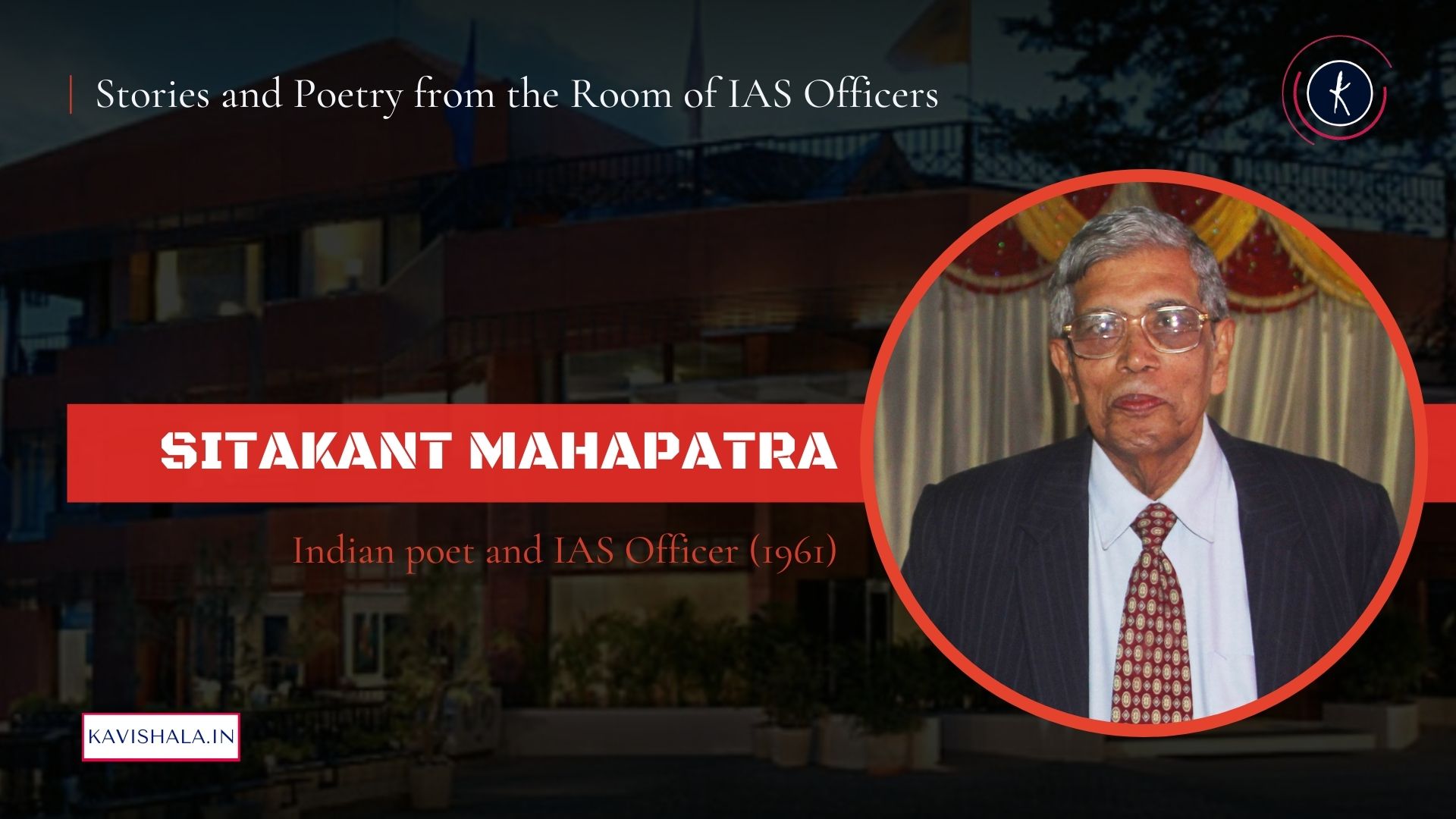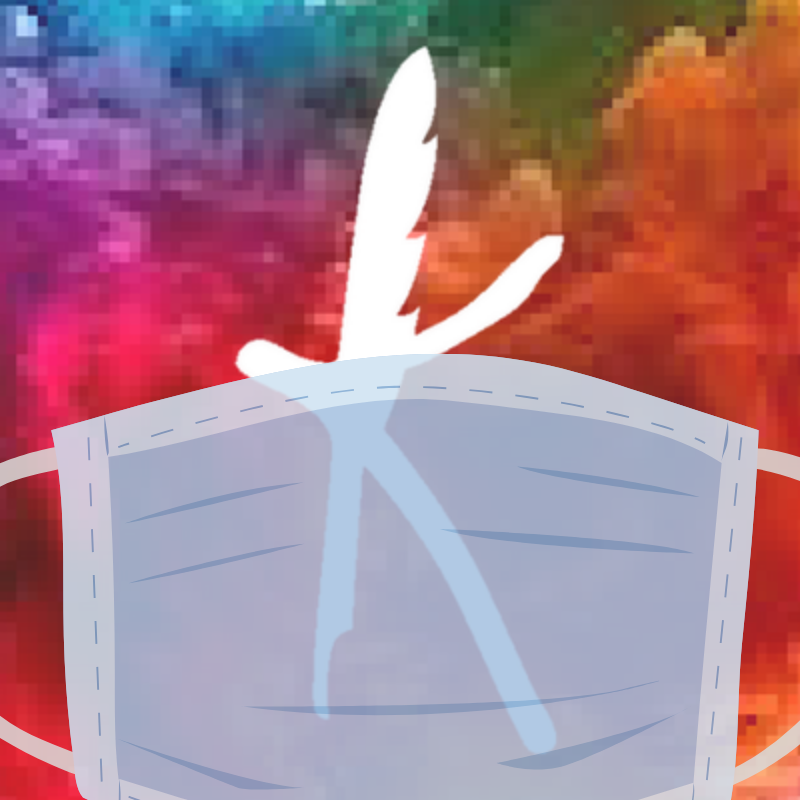
Civil services was my profession through these years, but poetry remained my passion - Sitakant Mahapatra
[Stories and Poetry from the Room of IAS Officers]
'Poetry comes from the soul and it can be written in your mother tongue'
Awards
- Orissa Sahitya Academy Award - 1971 and 1984
- Sahitya Akademi Award - 1974
- Sarala Award - 1985
- Jnanpith Award, India's highest literary honour - 1993
- Padma Bhushan (the third highest civilian award of India)- 2003
- Padma Vibhushan (the second highest civilian award of India) - 2010
- Sahitya Akademi Fellow - 2013
- SAARC Literary Award - 2015
- Tagore Peace Award - 2017
Back when he was pursuing his Master’s in Political Science from Allahabad University, this Cuttack-born poet made a bold promise — to write poetry only in Odia, a promise which still holds true. We call it bold because back in the day, that would have limited his readership. But as they say, there is no limiting the greats. He went on to win a slew of awards and honours, including the Sahitya Akademi Award, Padma Bhushan and the most recent, Padma Vibhushan, which led to a more widespread translation of his works. Particularly, in all Indian languages and several foreign languages too, including Hebrew, Japanese, Danish and many others. Though he has written travelogues (“though I am very well-travelled, I won’t call myself a globetrotter. I have been to every continent except South America,” he quips) and critical essays in English and Hindi, his heart still beats for Odia.
After teaching at Utkal University, he joined the IAS and has held many prestigious positions, both in Odisha government and the Government of India. Some of which are Secretary, Ministry of Culture, Government of India, where he chaired the committee of linguistic experts in 2003 to advise the government on including more languages as official ones and many others. Probably, he guessed by our expression that we were going to ask about what happened to his poetry during those years because the next thing he said was, “Civil Services was my profession through these years, but poetry remained my passion.” He continued to acquire a number of books. His eyes lit up like a child as he spoke about how he purchased French novelist André Malraux’s autobiography Anti-Memoirs for six shillings back in the day. “Can you believe it, just six shillings!,” he exclaims with the same excitement he must have shown back then. Perhaps why he declares that books, the physical kind, which one can hold, smell and feel, will always hold a special place in his heart. This is a rare statement in this age of the Kindle and ebooks. Which is why, though he loves watching television, he makes it a point to give more time to his first love, books.
[THE COCKFIGHT - Sitakant Mahapatra]
Armed from head to toe,
the two warriors are arraigned against each other.
Some anger enlarges
the dimensions of their narrow necks.
Battle drums announce
a face-to-face contest.
Hunting for insects has ceased.
Seeking refuge from hungry cats and hungrier men
has also ceased.
As battle cries rend the air
and carnage is due to commence,
the villagers leave behind their long history of cowardice,
and gather here.
The warriors do not know
what this war is about,
or who is whose enemy.
They do not comprehend
